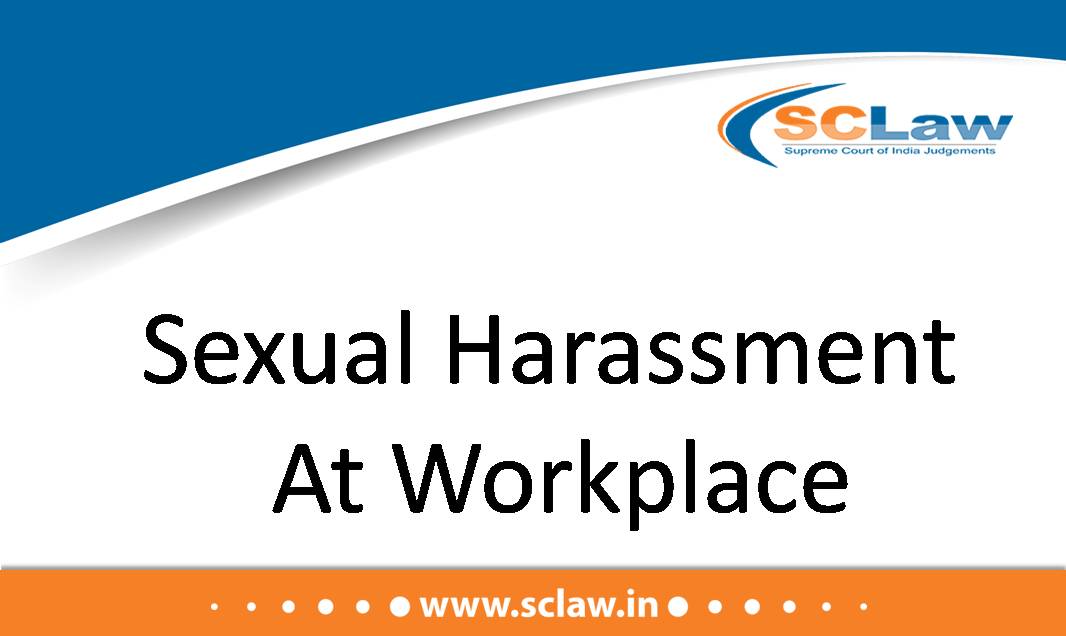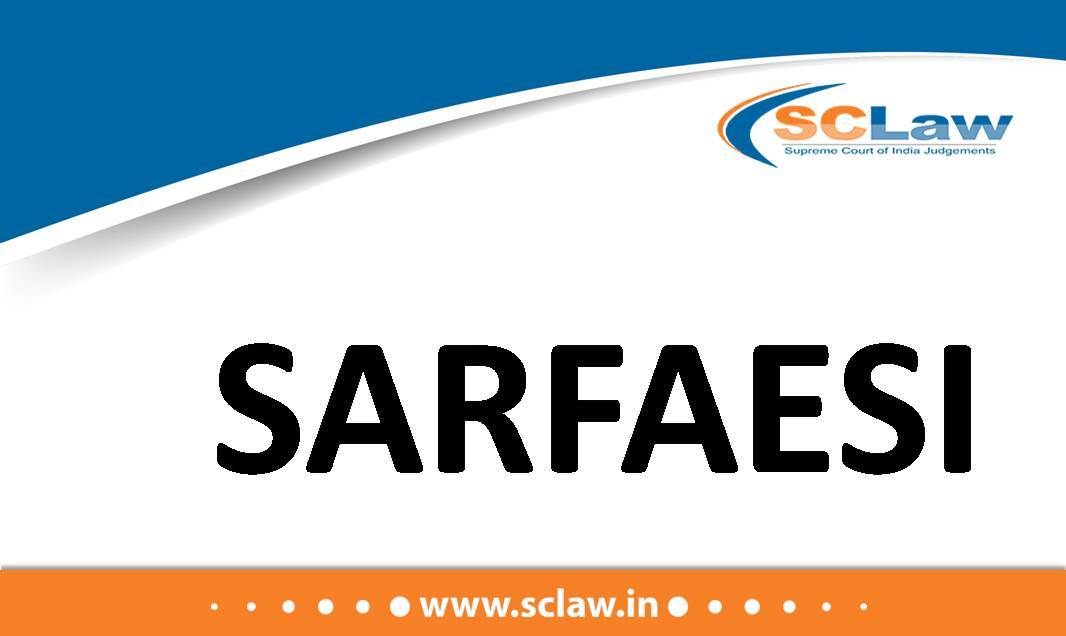State Amendments Made To VAT Acts After GST Came Into Effect Are Invalid
“The amendments in question, made to the Telangana VAT Act, and the Gujarat VAT Act, after 01.07.2017 were correctly held void, for want of legislative competence, by the two High…










